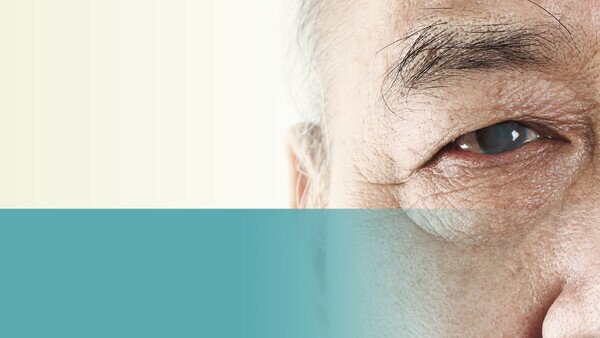The aging population has accelerated demand for medical services. In the case of cataract surgery, for example, over 40,000 people were on the waiting list of public hospitals in 2018. Elderly patients may well turn to a private medical institutions for the surgery. A survey conducted by the Consumer Council on 12 private medical institutions found a wide range of service charges. Even for similar cataract surgery and intraocular lens, the charges could vary as much as 1.6 times. Furthermore, some of the service charges did not include follow-up consultation fees and in general excluded medical expenses arising from complications after the operation. Therefore, consumers contemplating cataract surgery services should compare the rates of different medical institutions after enquiring about their charging method and any additional charges to ensure that they have all the information they need to decide on which cataract surgery and intraocular lens will best suit their needs, as well as the potential risks involved.
The Council wrote to 17 private medical institutions to collect information on cataract surgery services and charges, and received 12 responses. All 12 institutions provide the most common phacoemulsification (Phaco) surgery. For cataract surgery on a single eye with a monofocal intraocular lens, the institutions surveyed vary vastly in their charges, from $12,500 to $32,580, a difference of 1.6 times, and the cost of surgery can exceed $43,000 per eye with the choice of astigmatism-correcting multifocal lens. The new femtosecond laser-assisted cataract surgery and the more conventional extracapsular cataract extraction (ECCE) surgery are provided by only 4 and 5 medical institutions respectively, with charges of ECCE surgery differing by a double at the most.
The survey showed that the service charges of 10 of the institutions cover the basic monofocal intraocular lens with no other surcharges. However, if a lens other than the basic lens is chosen, such as yellow-tinted, multifocal or astigmatism-correcting lenses, this will entail an additional payment of $300 to $18,000. In addition, 2 institutions in the survey offer different set packages, each with its own specific intraocular lens and surgery service.
In addition to the two major costs arising from the surgery and intraocular lens charges, there may be a wide array of additional charges before and after the surgery, such as the pre-operative eye examination and intraocular lens measurement. For the eye examination, the 12 institutions charge $350 to $1,500, only 3 of them also include the intraocular lens measurement charges while the other 9 charge an additional $250 to $1,000 for the service.
For post-operative doctor consultation, 7 institutions charge separately with 5 of them charging $440 to $1,500 per follow-up consultation while the other 2 did not respond in relation to such charges. The other 5 institutions include 2 to 3 follow-up consultations in their surgery service charges.
Requests for specific doctors to perform the cataract surgery are subject to extra charges by 3 institutions of which 1 imposes a surcharge ranging from $2,000 to $20,000, another has a surcharge set by the individual doctor whilst the remaining one provided no information on the amount.
Although cataract surgery is relatively safe and complications arising from the operation are not common, occasional complications, such as a post-operative haemorrhage or leakage, high or low pressure in the eye, infection, retained cataract fragments, posterior capsular rupture, decentration or fogging of the intraocular lens, or swelling of cornea may occur, and these will require additional treatment, including a second operation. 11 institutions indicated that there would be additional charges, depending on the nature of the complications. Only 1 institution replied that it would provide all-inclusive packages for cataract surgery with a fixed price covering all relevant charges, including complications or other unforeseeable medical expenses for the related treatment.
Consumers considering cataract surgery services from private medical institutions should pay heed to the following:
- Discuss your eye condition and needs with an ophthalmologist before choosing a suitable surgery and intraocular lens;
- Attend free cataract talks organised by medical institutions to understand the surgery procedures, equipment and facilities used by medical institutions, as well as the relevant experience of the ophthalmologist in performing cataract surgery and the treatment for complications arising from the surgery, etc;
- Enquire about the service charges involved and post-surgery follow up services, such as doctor consultations and the required follow-up treatment and additional charges in the event of complications, etc;
- Take steps to prevent cataracts, such as quitting smoking and reducing sunlight UV exposure. If you have an ocular disease (e.g. uveitis) or a systemic disease (e.g. diabetes), should get good control of your medical condition to reduce the chance of getting cataracts. Prolonged use of medication with steroids can also increase the risks of cataract, and should consider having regular ophthalmology check-ups.
The Consumer Council reserves all its right (including copyright) in respect of CHOICE magazine and Online CHOICE.



